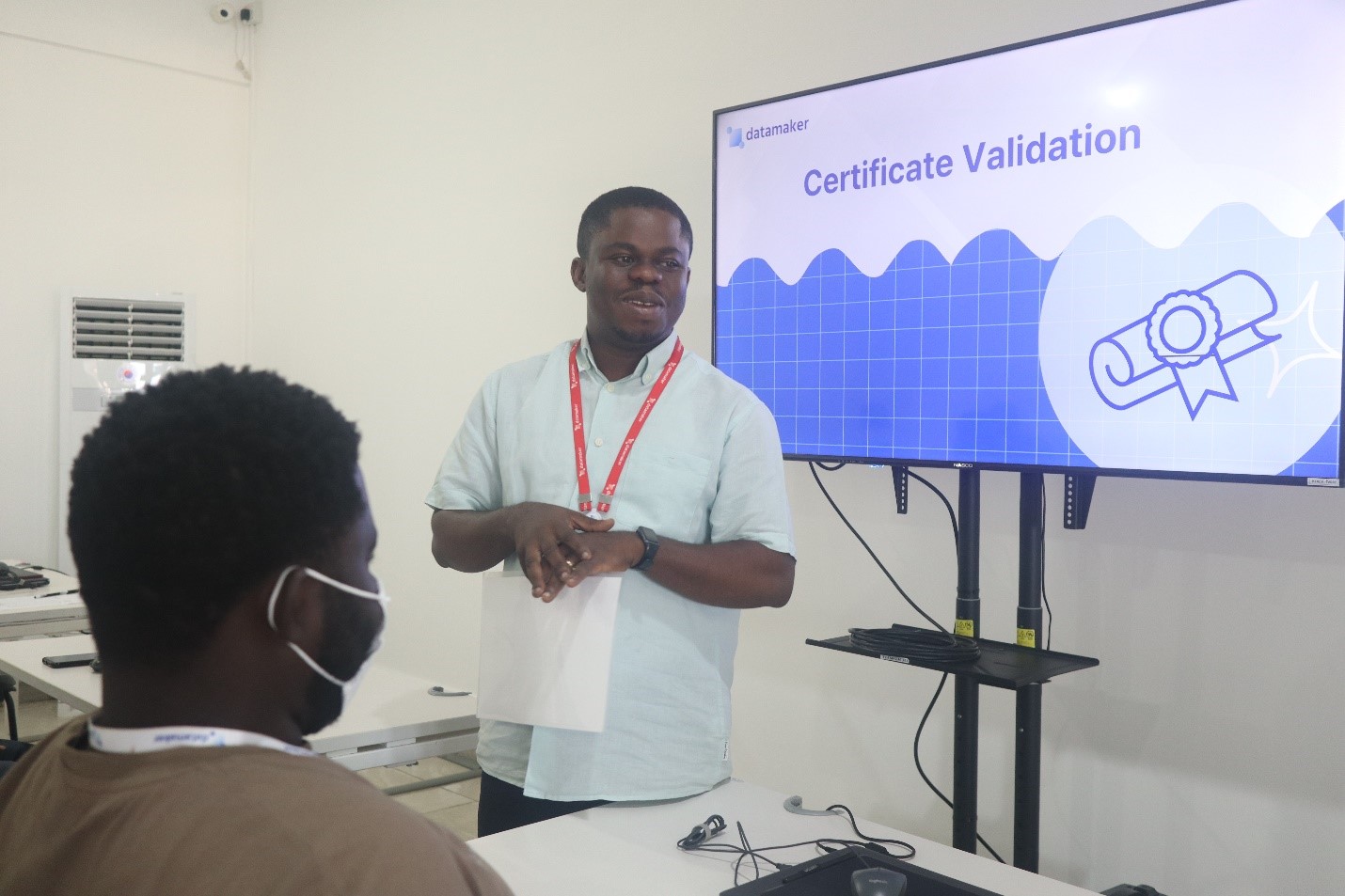
The promise of artificial intelligence (AI) to revolutionize financial inclusion across Africa is immense.
With a young, rapidly growing population and increasing mobile penetration, the continent presents a fertile ground for AI-powered solutions to reach the unbanked and underbanked (Demirguc-Kunt et al., 2018).
From streamlining mobile money transactions to enabling personalized micro-lending, AI offers tools to overcome traditional barriers to financial access.
However, the reality on the ground is complex. This article delves into the practical applications of AI in African financial inclusion, particularly within the mobile money and micro-lending sectors in countries like Kenya and Nigeria, while critically examining the potential for AI to exacerbate existing inequalities through algorithmic bias and the challenges posed by infrastructure limitations and data scarcity.
Ultimately, it argues for the urgent need for context-specific ethical AI frameworks to ensure that these technological advancements truly bridge, rather than deepen, the digital divide.
The Dual Promise of AI in African Finance
AI’s potential to foster financial inclusion in Africa rests on its ability to analyze vast datasets, automate processes, and personalize financial services at scale (Ozili, 2018).
Mobile Money Evolution: Mobile money platforms, pioneered in Africa, have already significantly expanded financial inclusion (GSMA, 2023). AI enhances these platforms by enabling:
- Fraud Detection and Prevention: AI algorithms can analyze transaction patterns in real-time to identify and prevent fraudulent activities, enhancing the security and trustworthiness of mobile money systems (Weber & Weber, 2020). For instance, in Kenya, Safaricom’s M-Pesa utilizes AI to flag suspicious transactions, protecting users, especially those with limited digital literacy who are more vulnerable to scams.
- Customer Service and Engagement: AI-powered chatbots and virtual assistants can provide instant customer support, answer queries, and guide users through transactions in local languages, improving accessibility and user experience (Singh & ???????, 2022). This is particularly valuable in regions with limited access to traditional banking infrastructure and customer service centers.
- Personalized Product Recommendations: By analyzing user transaction history and behavior, AI can tailor recommendations for relevant financial products and services, such as savings accounts or insurance options, encouraging greater financial participation (Manyika et al., 2019).
Revolutionizing Micro-Lending: Access to credit remains a significant hurdle for many Africans, particularly smallholder farmers and micro-entrepreneurs. AI is transforming micro-lending through:
- Alternative Credit Scoring: Traditional credit scoring models often exclude individuals with limited formal financial history. AI algorithms can leverage alternative data sources, such as mobile phone usage, social media activity, and transaction patterns, to assess creditworthiness (Björkegren & Burgoyne, 2021). This has led to the rise of AI-powered micro-lending platforms in Nigeria and Kenya that can provide small loans to individuals previously excluded by traditional banks.
- Automated Loan Processing: AI can automate various stages of the loan application and disbursement process, reducing processing times and costs, making micro-loans more accessible and affordable (Claessens et al., 2018). This efficiency is crucial in meeting the urgent financial needs of individuals and small businesses.
- Risk Assessment and Management: AI algorithms can analyze loan repayment patterns and identify potential risks, allowing lenders to make more informed decisions and manage their portfolios effectively, contributing to the sustainability of micro-lending initiatives (Jagtiani & Mittal, 2020).
The Shadow of Algorithmic Bias: Deepening Existing Inequalities
Despite its potential, the application of AI in African financial inclusion is fraught with the risk of exacerbating existing inequalities through algorithmic bias (O’Neil, 2016). This bias can manifest in several ways:
- Data Bias: AI algorithms are trained on data, and if this data reflects existing societal biases related to gender, ethnicity, or socioeconomic status, the algorithms will perpetuate and even amplify these biases in their decision-making (Benjamin, 2019). For instance, if historical loan data disproportionately favors certain demographic groups, an AI-powered credit scoring system may unfairly deny loans to equally creditworthy individuals from marginalized communities.
- Algorithmic Opacity: The “black box” nature of some complex AI algorithms makes it difficult to understand how decisions are made, hindering the identification and mitigation of bias (Wachter et al., 2017). This lack of transparency can erode trust and make it challenging to hold AI systems accountable for discriminatory outcomes.
- Reinforcement Loops: Biased algorithms can create negative feedback loops, further marginalizing certain groups. For example, if an AI system unfairly denies loans to women entrepreneurs based on biased historical data, they will have fewer opportunities to build a positive credit history, reinforcing the initial bias (Noble, 2018).
Evidence of algorithmic bias is emerging globally, and its impact in the African context, with its diverse and often historically unequal societies, could be particularly detrimental. If AI-powered financial inclusion tools are not carefully designed and monitored, they risk creating a two-tiered system where some benefit from efficient and personalized services while others are unfairly excluded or disadvantaged due to biased algorithms.
Infrastructure Deficiencies and Data Scarcity: Hindering Inclusive AI Adoption
The successful deployment of AI for financial inclusion in Africa is also heavily reliant on adequate infrastructure and the availability of quality data (Floridi et al., 2018). Significant challenges remain in these areas:
- Connectivity and Power: Reliable internet connectivity and access to electricity are essential for the functioning of digital financial services and the collection and processing of data for AI algorithms. However, many rural and remote areas in Africa still lack consistent access to these basic utilities, limiting the reach and effectiveness of AI-powered solutions (ITU, 2022).
- Data Availability and Quality: Training effective AI models requires large, diverse, and high-quality datasets. In many African countries, the availability of comprehensive and representative financial data is limited. Furthermore, issues related to data privacy, security, and interoperability can hinder the effective use of existing data for AI applications (UNCTAD, 2021).
- Digital Literacy and Skills: The adoption and effective use of AI-powered financial services require a certain level of digital literacy among the population. Bridging the digital literacy gap through education and training initiatives is crucial to ensure that all segments of society can benefit from these technologies (UNESCO, 2019).
These infrastructure and data limitations can create a “digital divide within the digital divide,” where those with better access to technology, data, and digital skills are more likely to benefit from AI-powered financial inclusion, while those already marginalized are left further behind.
The Urgent Need for Ethical AI Frameworks in the African Context
To ensure that AI serves as a tool for bridging rather than broadening the financial inclusion gap in Africa, the development and implementation of context-specific ethical AI frameworks are paramount (Jobin et al., 2019). These frameworks should address the unique social, cultural, and economic realities of the continent and encompass the following key principles:
- Fairness and Equity: Ethical AI frameworks must prioritize fairness and equity, actively working to identify and mitigate algorithmic bias. This requires diverse and representative datasets, transparent algorithm design, and ongoing monitoring for discriminatory outcomes.
- Transparency and Explainability: Efforts should be made to increase the transparency and explainability of AI-powered financial decision-making processes, allowing users to understand how decisions are made and providing avenues for recourse in case of unfair outcomes.
- Accountability and Governance: Clear lines of accountability and robust governance mechanisms are needed to oversee the development and deployment of AI in financial inclusion. This includes establishing regulatory standards, ensuring data privacy and security, and providing avenues for redress.
- Inclusivity and Accessibility: Ethical AI frameworks should prioritize inclusivity and accessibility, ensuring that AI-powered financial services are designed to meet the needs of diverse populations, including those with limited digital literacy or access to technology.
- Human Oversight and Control: While AI can automate many processes, human oversight and control remain crucial to prevent unintended consequences and ensure ethical decision-making.
Several initiatives are emerging across Africa to foster responsible AI development. For example, the AI for Development in Africa (AI4D) initiative aims to build a pan-African ecosystem for AI research and innovation, focusing on addressing key development challenges, including financial inclusion (AI4D, n.d.).
Collaborative efforts between governments, fintech companies, researchers, and civil society organizations are essential to translate ethical principles into practical guidelines and ensure the responsible and inclusive deployment of AI in the financial sector.
Conclusion
AI holds significant promise for advancing financial inclusion in Africa by enhancing mobile money platforms and revolutionizing micro-lending. Its ability to analyze data, automate processes, and personalize services can overcome traditional barriers to financial access for millions of unbanked and underbanked individuals. However, the potential for algorithmic bias to deepen existing inequalities, coupled with the challenges of infrastructure limitations and data scarcity, presents a significant risk.
To realize the transformative potential of AI for inclusive finance, a concerted effort is needed to develop and implement context-specific ethical AI frameworks that prioritize fairness, transparency, accountability, and inclusivity. By proactively addressing these challenges and fostering responsible innovation, Africa can harness the power of AI to truly bridge the digital divide and create a more equitable and financially inclusive future for all its citizens.
References
AI for Development in Africa (AI4D). (n.d.). About AI4D. Retrieved from [Insert actual AI4D website link if available]
Benjamin, R. (2019). Race after technology: Abolitionist tools for the new Jim Code. Polity Press.
Björkegren, D., & Burgoyne, L. (2021). Credit scoring with mobile phone data. The Review of Financial Studies, 34(4), 1712-1746.
Claessens, S., Frost, J., Turner, G., & Zhu, F. (2018). Fintech and financial inclusion in Africa: The role of mobile money. IFC Working Paper.
Demirguc-Kunt, A., Klapper, L., Singer, D., Van Oudheusden, P., & ???????????, ?. (2018). The Global Findex Database 2017: Measuring financial inclusion and the fintech revolution. World Bank Publications.
Floridi, L., Cowls, B., Beltramini, M., Saunders, D., & Vayena, E. (2018). An ethical framework for a good AI society: opportunities, risks, principles, and recommendations. AI and Society, 33(4), 689-707.
The post Financial Security (FinSec) Series with Dr Philip Takyi: Bridging or broadening?: AI and the digital divide in African financial inclusion appeared first on The Business & Financial Times.
Read Full Story













Facebook
Twitter
Pinterest
Instagram
Google+
YouTube
LinkedIn
RSS